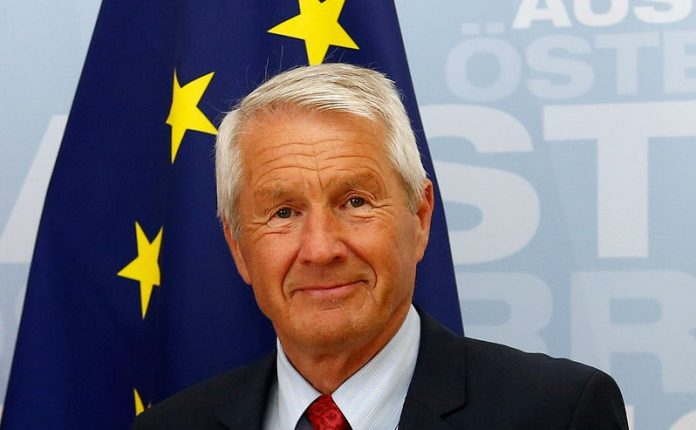The European Court of Human Rights is now on firmer ground than when he was elected in 2009, said Secretary General of the Council of Europe, Thorbjørn Jagland. He was addressing the European Parliament on January 22.
However, the credibility of the Convention system is in question, due to a backlog of 160,000 applications. By the end of last year, this figure had been reduced to 56,000, he said.
According to a Council of Europe press release, this development was achieved largely due to a shift of resources to the field to bring member states’ laws into line with the Convention, and to train judges and lawyers.
Jagland also expressed his concern at the situation in Turkey, where he said the role of the judiciary and therefore the Council’s Convention system was being tested. He warned that if justice was not served in due time, hundreds or even thousands of Turkish cases could end up in the Strasbourg Court.
The Secretary General, however, highlighted progress in a number of areas, including migration, human trafficking, data protection, internet governance, the fight against terrorism and extremism and the protection of children against sexual exploitation and abuse. He also drew attention to emerging human rights challenges, notably in relation to Artificial Intelligence and forced labour, often referred to as modern slavery.
With regard to the ongoing non-payment of budget contributions by Russia, Jagland noted that the Assembly’s decision to deprive the Russian delegation of the right to vote had not led to the return of Crimea to Ukraine or improved the human rights situation in Russia. Instead, it had created a crisis within the Organisation. He urged the Assembly and the Committee of Ministers to sit down and work concretely on clarifying the rules and the distribution of power between the two organs, in a way that will strengthen the authority of the Organisation, based on equal rights and equal obligations.

